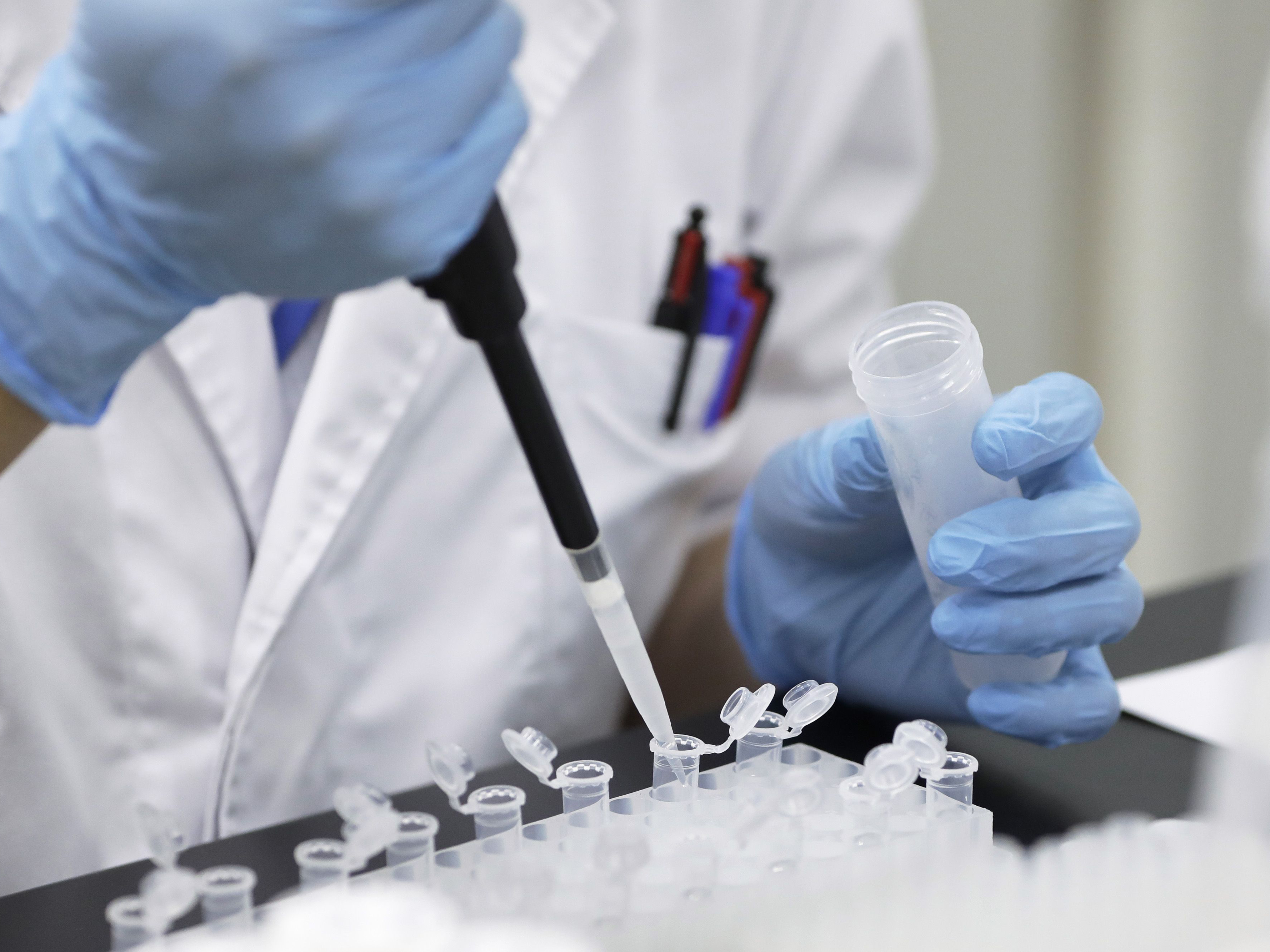
Home » Food Producers Face Deadline for Meeting GMO Labeling Rules
EDITOR'S Q&A
Food Producers Face Deadline for Meeting GMO Labeling Rules

February 4, 2021
U.S. Department of Agriculture rules on the labeling of genetically modified organisms (GMOs) in food are being extended to include smaller producers and sellers. The deadline for compliance is the end of this year, but some companies have yet to make the effort to determine whether they’re affected. In this conversation with SupplyChainBrain Editor-in-Chief Bob Bowman, Kevin Beasley, Chief Information Officer with Vormittag Associates Inc. (VAI), explains what’s required.
SCB: Tell me about the USDA rules on GMO food labeling.
Beasley: They want growers and manufacturers to be more transparent about what's going into products. We've been cross-breeding plants and animals for quite a long time. GMO is something of a speed-up of cross-breeding. It might take 50 years to cross-breed an apple to taste completely different, or have longer longevity, but if you can alter its DNA, you can help speed that up. A seedless watermelon is a form of GMO. But from the standpoint of messaging, if you throw out terms like “genetically modified” or “genetically engineered” to consumers who don’t understand what they mean, it can be intimidating to them. They fear the unknown.
SCB: The rules contain various options for labeling. Can you lay those out for me?
Beasley: There’s a whole list of products that have to be labeled. You've probably seen the logo that has to go on products that are engineered. There are detailed criteria as to listing which ingredients are in there. And it has to be in terms that a consumer can understand.
SCB: Can the term GMO be switched for “bioengineered”?
Beasley: Yes. Different government agencies use different terms. USDA uses GMO, while the Food and Drug Administration uses bioengineering, but it's the same thing.
SCB: Are these new regs, and must they be met by the end of this year?
Beasley: This was passed in 2018 for large manufacturers, with a deadline of January 1, 2020. So that's already in place. What kicks in this year is for small producers, and it's voluntary up until January 1, 2022.
SCB: What kinds of things are popping up as obstacles or complications toward meeting these requirements?
Beasley: One thing we’re hearing from our customers relates to the locale or origin of a product. How do they deal with their suppliers downstream? Many times, distributors aren’t at the local level. They have to send people down to the farm to make sure there's compliance. Also, growers and manufacturers have to educate consumers that their products are safe.
SCB: Is there any confusion in the food community about what these regs are requiring, or is it all pretty clear?
Beasley: It depends on the size of company. The big guys are always on top of this stuff — they have departments that monitor FDA regs. It's the smaller ones that aren't quite sure about what’s required. Some are only getting started at this point, because they thought they were exempt. They’re saying, "We've been modifying our products for decades." Well, that's breeding. Cross-breeding becomes a genetic mutation over time, but it's not necessarily treated as a GMO from the standpoint of the FDA or USDA.
One area that we see as beneficial is using blockchain to record all this — to make an immutable record of what’s been modified, and where. It's one thing to label it, but it's another to verify.
SCB: So blockchain can help with traceability?
Beasley: Labeling is a start, but traceability is probably what's you're going to be seeing next. That’s happening in the pharma and food industries. It’s a little bit different than GMO, but the same type of technology can help.
SCB: What’s your advice on how food producers can ensure compliance across all their GMO products in the supply chain?
Beasley: They have to go to the list and see which products are required to be labeled. And they have to consider their size in figuring out when the compliance rules kick in. There are a lot of exemptions like food stands, and it’s not required in restaurants at this point. Also, a genetic modification that’s technically undetectable doesn't have to be labeled. This is something that's more geared toward the food supply chain, like supermarket labeling. But you’ve got to make sure of your product, start looking at all the details, including who’s supplying the product.
RELATED CONTENT
RELATED VIDEOS
Subscribe to our Daily Newsletter!
Timely, incisive articles delivered directly to your inbox.
Popular Stories

2024 Supply Chain Management Resource Guide: There's Only One Way Off a Burning Platform
VIEW THE LATEST ISSUECase Studies
-
Recycled Tagging Fasteners: Small Changes Make a Big Impact
-

Enhancing High-Value Electronics Shipment Security with Tive's Real-Time Tracking
-

Moving Robots Site-to-Site
-
JLL Finds Perfect Warehouse Location, Leading to $15M Grant for Startup
-
Robots Speed Fulfillment to Help Apparel Company Scale for Growth



